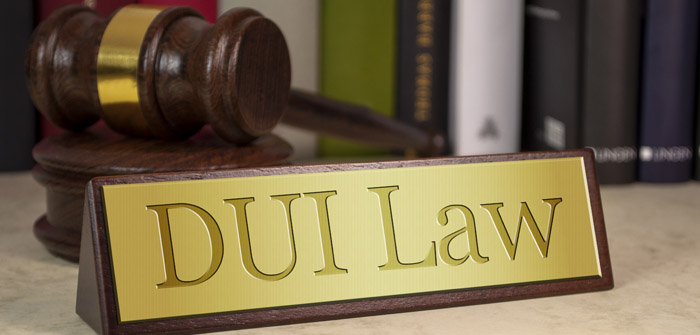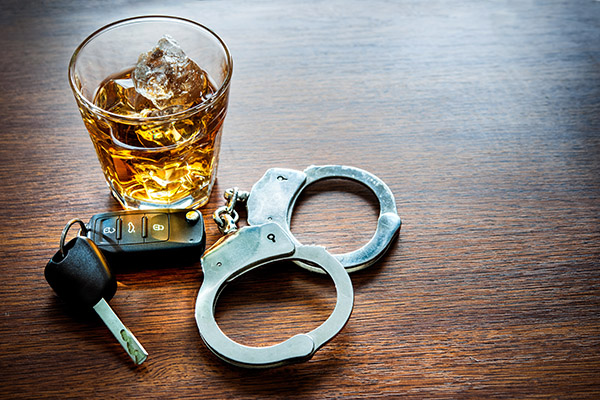Driving Under the Influence or DUI is a serious offense because it can pose a risk to public health and safety. Facing a DUI case can significantly affect your life, including your career, family, and social relations. That’s why you should know what happens and what to do when you get arrested for a DUI.
In this post, you’ll learn some helpful insights on what happens when a person gets arrested for a DUI.
The Legal Stop or Pullover
The police officer will pull you over due to a traffic violation or sign of impairment, like swerving. Generally, police officers carry out a legal stop if they have a reasonable cause or “reasonable suspicion.” If you think that the police had no reasonable reason to request a pull you over, hire a DUI lawyer to suppress the motion.
All police observations will be noted in the police report, that are seen for the first time during the arraignment. Traffic detention starts with asking for your driver’s license and registration. During this time, the police officer will note if you show signs of impairment, such as an odor of marijuana or alcohol or fumbling around documents.
Police Questioning
In a DUI stop, the police officer will ask you if you’ve been drinking. Most motorists would say something like, ” I just had a beer or two for dinner,” which is usually an underestimation of the amount of alcohol drank. Most police authorities investigate further after confirming the drinking session before the arrest.
The Search
If the police have a probable cause to believe that there is incriminating evidence in your vehicle, a warrantless search will be conducted. For example, a police officer might smell or see things during a DUI stop, giving a good reason to suspect alcohol or prohibited drugs inside the car, making a warrantless search justified. It means that the police can inspect or search your trunk, glove box, and any closed container, like your suitcase or backpack.
Testing
For the roadside walk-and-turn field sobriety test (FST), the police officer will ask you to do nine steps, starting heel-to-toe or walking on along a straight line, turning on one foot and returning nine steps in the opposite direction. The police officer checks for seven indicators of impairment, like cannot keep balance.
Another test is the Horizontal Nystagmus Test or HGN, which is a standardized FST that police often can administer to gauge whether an individual is under the influence of alcohol. This test involves instructing the DUI suspect to follow a stimulus with his eyes to the left and to the right.
Put Everything in Writing
Note the number of glasses of an alcoholic beverage or drug dosage you’ve consumed if applicable.
By narrating and writing the details in a clear and chronological manner, it will help your DUI lawyer assess the possible outcome of your case. Be honest and provide all information to your DWI attorney for the quicker resolution of your case.
Here are some examples of details you have to put in writing to help in the faster resolution of your DUI case:
- Any food consumed before your arrest
- Tests conducted, such as blood alcohol concentration (BAC) and Field Sobriety test
- Include your observations on the actions of the arresting officer
- The reason the officer stated why you were asked to pull over
- Statements you’ve given to the officer
- Any presence of possible witnesses
- Any promise or threat made by the officer to persuade you to undergo the breath analyzer or blood test
Hire a DUI Lawyer for the Best Case Preparation
Preparation for a DUI case is something you should not take lightly. Your family life, work, and your future are at stake. The DUI lawyer will ask you to remember everything the day you were asked to pullover or got arrested. Never compromise your rights and your freedom by representing yourself, most especially if you don’t have any legal background or hiring a DUI lawyer.
So how do you hire a reputable lawyer? Check the lawyer’s reputation by asking questions about work experience. It also helps reading testimonials and comments offline (previous interview clients, referrals, newspapers, etc.) and online (review sites, social media, and other resource hubs).
Conclusion
For a typical DUI incident, it starts with a pullover, police questioning, and roadside tests. A police officer can also search even without a warrant if he believes that you’re carrying something illegal, like prohibited drugs. Hiring a DUI lawyer from the start is crucial to prepare yourself in dealing with the legal aspect of your DUI case.





